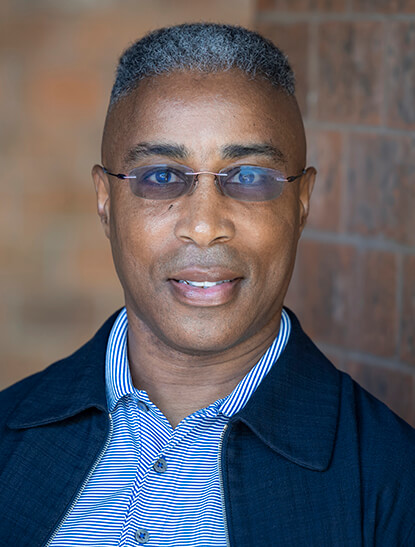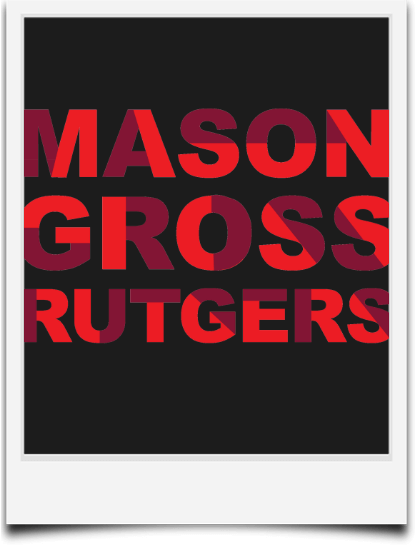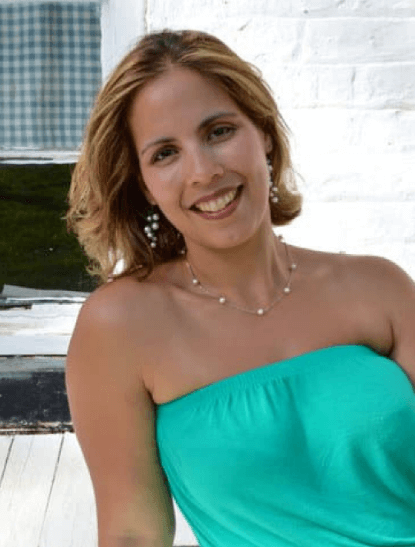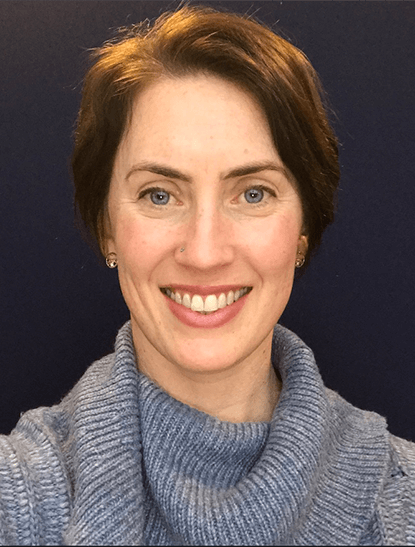The EdM dance education program community understands artistry and teaching as symbiotic by nature. Grappling with how to transform artistic knowledge into meaningful learning experiences for diverse K–12 students with respect to abilities as well as social, economic, and cultural backgrounds is at the heart of graduate study in our program.
The EdM dance education program is accredited by the National Association of Schools of Dance (NASD) and the Teacher Education Accreditation Council (TEAC). Students finish the program with a solid education degree, a teaching portfolio, the option for K–12 dance-teacher certification, and multiple career options or advancement within dance and the education field, making this program a model of excellence for the preparation of dance educators.
Mason Gross School of the Arts in partnership with the Graduate School of Education offers the following programs:
- BFA/EdM Teacher Education Five-Year Program: Bachelor of fine arts (BFA) in dance and master of education (EdM) in dance studies
- EdM Dance Education Post-Baccalaureate Program: EdM with certification in dance education
- EdM Professional Teacher Advancement: Master of education (EdM) in dance studies
Learning Goals of the EdM in Dance Education
Knowledge/Understanding
- To develop professional teacher-learners’ knowledge of dance-as-art as an educational practice, scholarly field, policy landscape, and community of practice.
- To increase professional teacher knowledge about the pedagogy of dance and how individual differences among children with respect to abilities and social, economic, and cultural backgrounds influence learning.
Communication/Community Building
- To support professional teacher-learners in recognizing and appreciating the multiple communities that make up schools and how they are mutually informing.
- To support professional teacher-learners in developing skills to cultivate being in embodied relationships with diverse people towards achieving community goals.
Diversity, Equity, and Inclusion (DEI)
- To support professional teacher-learners in disrupting educational structures that perpetuate marginalization of non-dominant communities and identities.
- To increase professional teacher knowledge of how individual differences among children with respect to abilities and social, economic, and cultural backgrounds influence learning.
- To support professional teacher-learners in examining dance learning contexts for the potential to nurture identity formation, engender empathy, embrace diverse perspectives, engage interdisciplinary inquiry, and shape social transformation.
- To empower professional teacher-learners’ as advocates of dance-as-art state mandates who strive to ensure educational equity for all PK–12 children.
Research/Professional Practice
- To support professional teacher-learners’ application of social justice-informed pedagogies that nurture identity formation, engender empathy, embrace diverse perspectives, engage interdisciplinary inquiry, and shape social transformation.
- To cultivate professional teacher-learners’ knowledge, skills, and dispositions in curriculum development, assessment, research, data-informed decision-making, and leadership.
- To provide professional teacher-learners with opportunities to reflect on and refine their practice as well as lead professional development for pre-service and in-service dance and classroom educators.
Assessment
- To develop professional teacher-learners’ practice in designing standards-informed, multi-modal assessments for diverse learners that demonstrate embodied learning.
- To build professional teacher-learners’ ability to facilitate equity-informed assessment processes that stimulate student ownership of creating, performing, responding, and connecting in dance.
Professional Development/Self-Reflection
- To encourage professional teacher-learners’ engagement in critical conversations in the field of dance education and understanding the implications of these conversations for their school community and teaching practice.
- To support professional teacher-learners’ understanding of their intersectional identities and positionality, recognizing the implicit biases that may result from that positionality, and mitigating how implicit bias can adversely impact their planning, instruction, and assessment.
- To support professional teacher-learners’ in taking on service and leadership responsibilities that help shape practice in the field of dance education.
The EdM Program in Dance Education is a partnership between the Rutgers Graduate School of Education (GSE) and the Dance Department at Mason Gross School of the Arts. It is part of the GSE’s Urban Social Justice Teacher Preparation Program, which aims to develop a generation of teachers with the knowledge, skills, and dispositions to teach and advocate for all students and learn from the communities they serve. It prepares teacher candidates to effectively teach diverse learners by fostering a deep understanding of students from historically marginalized linguistic, economic, and cultural backgrounds and communities.
The goal of the Dance Education Program is to prepare individuals with the knowledge, skills, and disposition needed to be effective dance educators. This is nurtured through coursework, peer collaboration, continued opportunities for developing artistry, service to the community, independent projects, fieldwork, and mentored internship.







